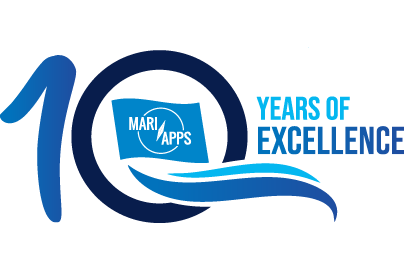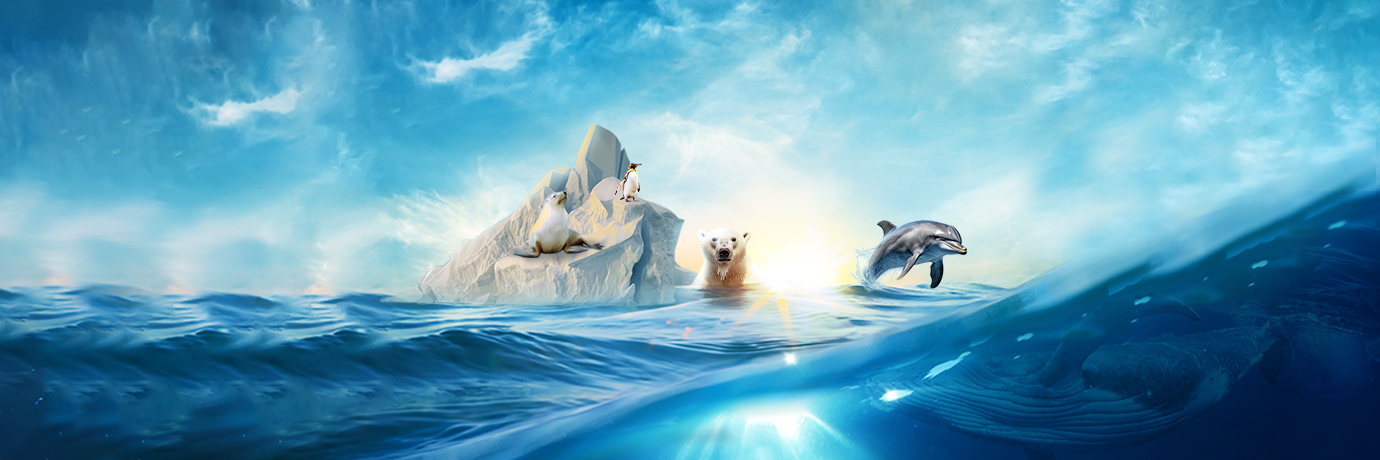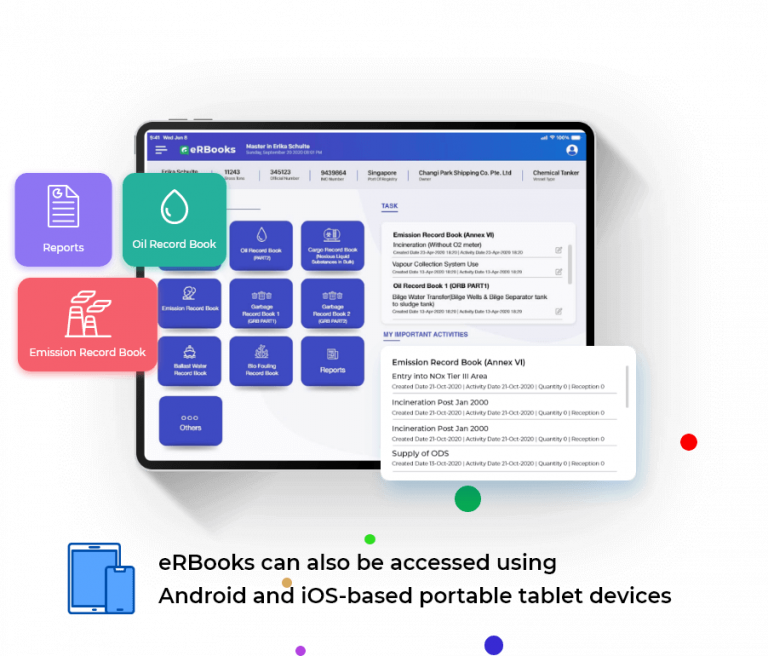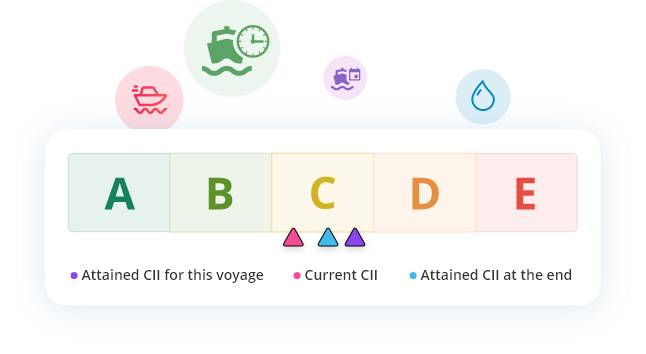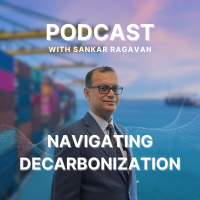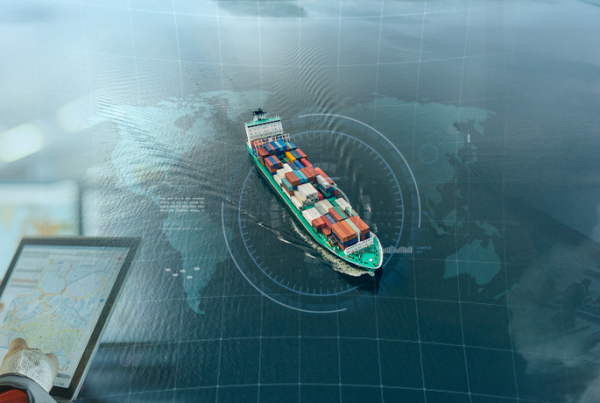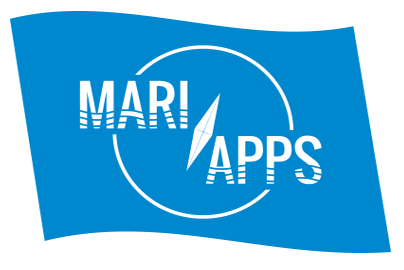Maritime transportation plays a crucial role in the supply chain for many industries, a key driver of economic development that is estimated to transport around 90% of global trade by volume and is widely regarded as vital to our global economy.
According to the International Chamber of Shipping, there are more than 100,000 merchant ships currently operating in our oceans that are responsible for 2-3% of global greenhouse emissions. These environmental impacts include both direct and indirect pollution from ship operations including oil, noxious liquid substances, sewage, plastic, garbage, air emission from burning fuel – inclusive of nitrogen oxides, sulphur oxides and volatile organic compounds.
To ensure the health, safety and sustainability of our oceans, the International Maritime Organization (IMO) has developed and adopted over 20 public and private law conventions and protocols further accompanied by regulatory codes and guidelines aimed at promoting and meeting the targets set by the United Nations Sustainable Development Goal (SDG) 14:
“Conserve and sustainably use the oceans, seas, and marine resources for sustainable development”
These mandates are designed to promote and facilitate the adoption of the highest standards concerning maritime safety, navigation efficiency, and the management of marine pollution from ships. With regulatory bodies taking a proactive approach to the introduction of new initiatives on the marine environmental front, the need for innovative digital solutions continues to be in demand.
IMO’s commitment to reduce GHG Emissions from Ships to reduce carbon intensity from all ships by 40% by 2030 directly aimed to ensure ships improve energy efficiency in the short term and reduce greenhouse gas emissions.
To address MARPOL’s Annex I, II, III, and IV, MariApps introduced eRBooks which features a sustainable, transparent, and efficient electronic record books software available on both desktop and tablet devices. Designed to support efficient onboard event-logging processes with a tamper-proof, non-editable digital logbooks that ensure compliance with both IMO and MARPOL regulations.
With Annex VI in mind, our team developed smartOps – a fleet performance analysis and vessel monitoring software equipped with a range of tools to manage decarbonization through both predictive and proactive insights.
Features of smartOps include:
Calculate CII prediction for upcoming voyages by forecasted weather and auxiliary consumptions
Obtain the most accurate CII calculations with weather forecasts through the route
Guidance on optimal speed to achieve the target CII for an upcoming voyage
Accurate CII predictions for main engine consumption, estimated based on actual vessel performance
Comparison between multiple routes with corresponding CII projections for the vessel with a route optimization tool
With zero container loss being one of the primary objectives, continuous deployment of best practices to avoid future losses can be facilitated by additional fleet navigation services and weather routing.
Our oceans cover an estimated 71% of Earth’s surface and are widely regarded as a valuable resource, producing more than 50% of our oxygen while contributing to our climate and weather patterns. In addition, it holds an estimated 80% of Earth’s mineral resources.
With maritime transportation accounting for over 90% of world trade, adherence to conventions set out by regulatory bodies is of the utmost importance to ensure the health, safety, and sustainability of our oceans for future generations.
To find out more about the UN’s World Wildlife Day and the various digital innovations aimed to connect people and the planet, visit https://www.wildlifeday.org/en
Join World Wildlife Day UN Celebration here: https://webtv.un.org

